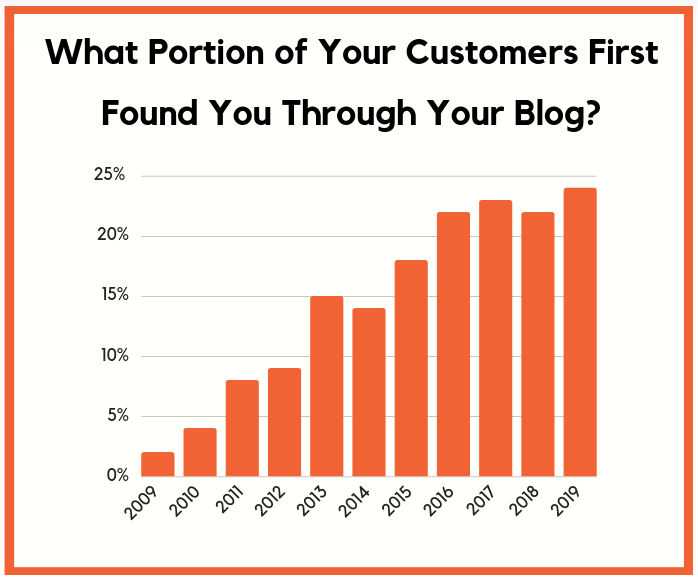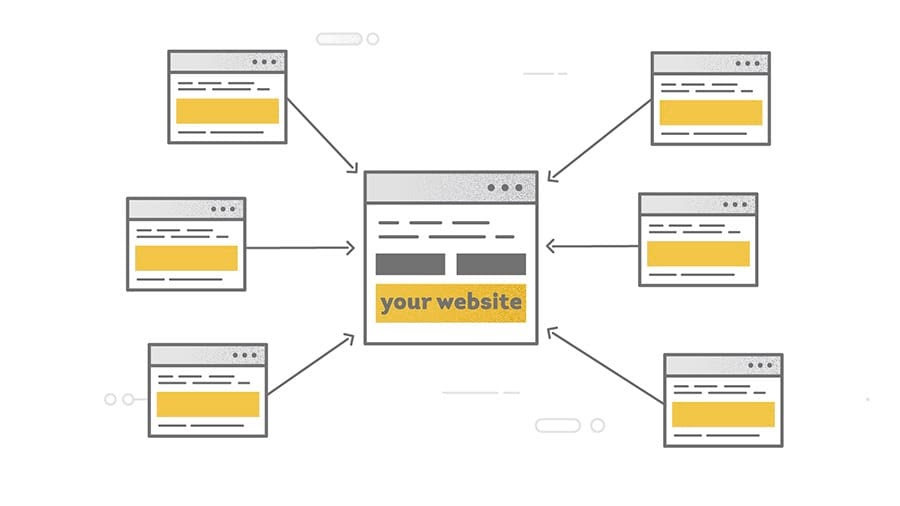

So you just launched your business website... now what? If you’re wondering how to get those first visits to your website, this article is for you. We included a few guidelines on how to get started with a few digital marketing tactics to help boost your traffic right from the beginning.
Launching a website is a daunting task. From planning to execution, you’re normally going through an extensive period of work, not to mention financial investment. When the project finishes and the website is finally ready to go live, launching it feels like an exciting milestone to celebrate. We’re sorry for the bad news, but unfortunately, it’s no time to rest yet. Once the dust has settled, you’ll need to work a bit further to ensure you get your first visits. But hey, don’t let this put you off, your first organic visitor is also a reason to celebrate :)
Let’s start...
SEO consists of multiple strategies, actions, and best practices, all of which have the end goal of improving your website’s position in search engines—which is why it’s called “search engine optimisation". But why would you want to improve your position on Google or other search engines at all?
Users trust search engines, and achieving a top spot in search engine rankings signals to online users that your site is a credible source. The higher you rank in results pages, the more clicks and traffic your site will generate. SEO also improves user experience, making it more likely for customers to become repeat buyers.
There are two kinds of SEO: on-site and off-site. The first is related to tactics used to improve the content of your website, while the second includes tactics you can use to leverage other websites to help you improve your rankings. Let’s take a look at how each one of them can help you boost your traffic:
Here at Itag Media, we always recommend and assist our clients with SEO prior to the website launch- it’s not only easier to work with on-site content while the website is still draft but it also avoids duplicate work, in case you need to change a lot on the copy after the website is live.
Keyword research
Everything starts with the keyword research. Keywords are the terms and query people type on Google when they are searching for your product or service. Have a think about which words you would use to describe your company, it’s a good start. Typically your keywords would include product and service names. It’s important that your main keywords are present on your website, but how do you select which keywords you should be using?
Nowadays, there are simple tools available online that can help you with a basic keyword research. Take a look at Keyword Tool and Keyword Finder - these are great free resources for beginners. Here at Itag Media, we use robust software that collects history data, keyword search volume, competition, and ranking probabilities before we decide which are the best keywords for our clients. If you would like to know more about our SEO processes, click here.
Incorporating the keywords into your content strategy
Next step is to match the search intent behind the keyword (where the user is at in terms of pain points and challenges) with the content of your website. Here at Itag Media, we categorise keywords according to each stage of the buyer’s journey they are at Awareness, Consideration or Decision. Feeling lost? Here’s a quick definition of the buyer’s journey according to HubSpot:
“The buyer's journey is the process buyers go through to become aware of, consider and evaluate, and decide to purchase a new product or service.”
Let’s work with a specific example to better illustrate this concept. Suppose we are creating a website for an app development agency. Below you find three examples of keywords for each stage of the funnel:
Targeting all stages of the buyer’s journey is an effective strategy for increasing traffic because you won’t be targeting a specific group only (which is commonly the case when people only optimise their website for product or service related keywords). The more SEO (and user) friendly content you produce, the better your rankings will look like in the long run.
Keeping your website content fresh is one of the most important factors that directly impact your SEO. It’s important to constantly update your website pages and your blog with new and interesting content to keep organic traffic increasing. The best thing about it is that the more traffic you have, the higher are your chances of converting this traffic into customers. Marketing guru Neil Patel did a study on the importance of content marketing for generating leads and what he found out was quite interesting:

As you can see, the number of people who find a product or service through a blog post and eventually become customers is increasing each year.
We won’t get deep into the on-page optimisation itself (as this topic probably deserves another blog post), but just as a quick overview, it’s important that you incorporate your list of selected keywords into the website code of your website such as meta title, description, headings and copy. Keep your content engaging and informative and check what your top ranking competitors are publishing to get some inspiration.
If you are wanting to rank better locally, then you should get a free local SEO report below, that is full of information to help your site perform better.
What else can you do to increase rankings and get more traffic? Apart from ensuring on-site content is top quality, it helps if other websites link back to you. You will normally here SEO experts refer to this as off-site SEO tactics. Generally speaking, backlinks show search engines that your content is gaining industry recognition and that it provides value to both users and websites.

So how do you get backlinks on other websites? There is a lot of work and relationship building involved in link building. Here’s a quick process to help you get started:
Determine which websites you will target: For Google, if you have a backlink from The Australian is a much better signal than having a backlink from your youngest sister’s recently launched blog. Nothing against your family’s creative aspirations, but search engines give preference to reliable sources when it comes to backlinks.
Look out for top influencers and media outlets in your industry and create a list to help you organise your work. If you are not sure whether that local blogger is indeed a reliable source, check out their activity on social media to analyse their popularity and also take a good look at their own on-page content. Does it seem spammy, with too many ads and commercial links? Do they copy content from other publications without giving credits? If that’s the case, you are better off without a link on this website.
Leverage paid software. Here at Itag Media, we use specialised SEO software to analyse websites and investigate whether they are a good fit for our link building strategies. If you would like to know more about our SEO processes, feel free to get in touch with our team.
Identify the best strategy before reaching out - Made up your mind and would like to reach out to top newspapers in your city? Great! Now it’s time to identify the best strategy for link placement. We included a few great ideas in the list below. They can be used for reaching out to newspapers, blogs, magazines and other relevant media.
Ideally, you create a personalised outreach strategy for each website you are contacting. This is because not all newspapers accept guest posts, or not all blogs share external content at all. Sometimes the best strategy is to just become a source and be available whenever they need you to comment on something.
After years of industry experience working with clients from all types of industries, we are experts in SEO best practices and know how to leverage link building to help our customers get more website traffic. One thing we realised with time is that nothing compares to reaching out to the right person. It’s worth spending a bit of time to find the email address of the marketing team, the Editor or other decision-making positions in a newspaper or magazine, as quite often if you just send a message to the generic email, it will either end up in the junk box or maybe just ignored by the admin team.
© 2025 Itag Media | Legals | Privacy Policy | Site Map
your brand. made better